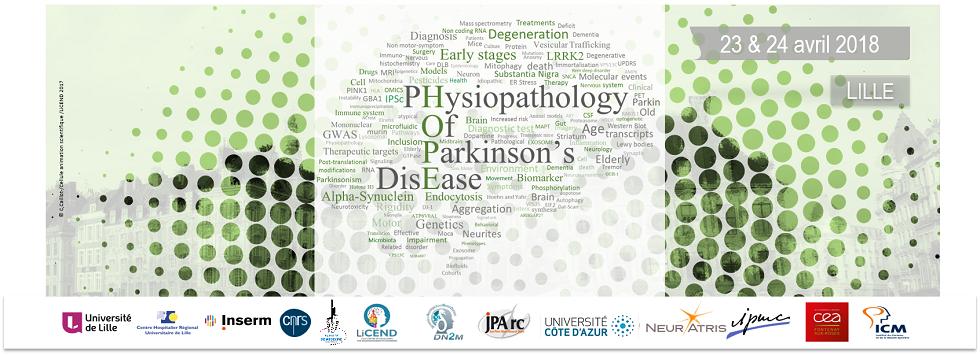Parkinson's Disease (PD) is the second most common neurodegenerative disease, affecting 0.3% of general population, with an increasing rate of 1 to 2% in persons over 65 1. At the moment the only available pharmacological treatment (L-Dopa) focuses on mitigating symptoms; many other experimental approaches are nowadays studied trying to slow down the disease's progression, but with very low success.
Collagen based biomaterials in the last years gained more and more importance in the field of regenerative medicine, and are widely used, for example, for skin graft 2 and wound healing 3, spinal cord regeneration 4, bones 4 and tendon repair 2. To date, such promising approach has not been applied to neurodegenerative diseases, except for neuronal cells grafting 5.
Brain MatTrain is a pan-European project sponsored by the wide Horizon 2020 grant funding. Aim of the project is to develop an injectable Collagen Hydrogel to treat two of the crucial aspects of PD: striatal neuro-inflammation and loss of dopaminergic neurons (DA) in the substantia nigra. Collagen can be easily functionalized by neuroprotective active molecules or cells.
At the moment a delivery tool for different molecules or cells based on Collagen Hydrogel to treat Parkinson's Disease seems promising, but at the same time challenging: still many studies must be done considering that application of such biomaterial at the cerebral level is innovative and have been only partially investigated in vivo.
An important aspect of collagen hydrogel therapy is the ability to track it noninvasively and follow it up over time: we present preliminary results of magnetic resonance imaging (MRI) at high magnetic field (11.7 T) of our specifically developed Collagen Hydrogel after in vitro polymerization and, in vivo, after intracerebral injection. These results indicate that MRI can be a tool of choice for in vivo follow-up of collagen hydrogel polymerization and transplantation in the brain.

 PDF version
PDF version
